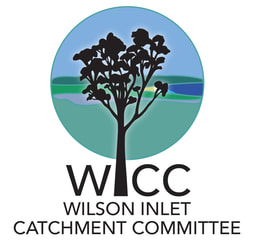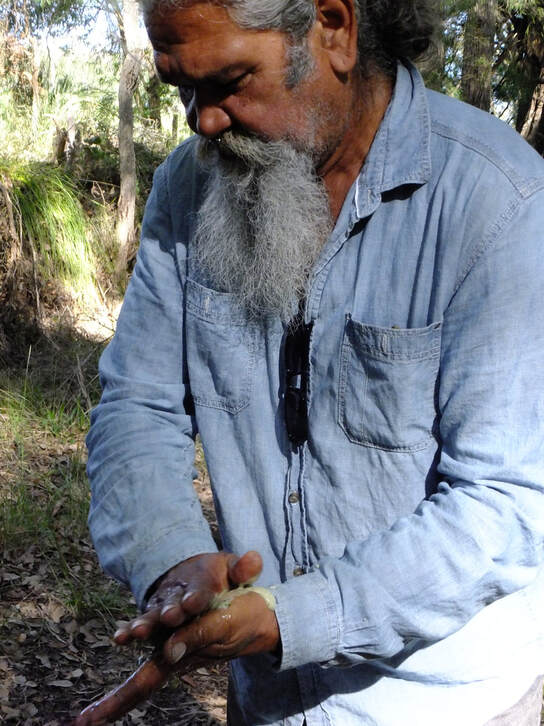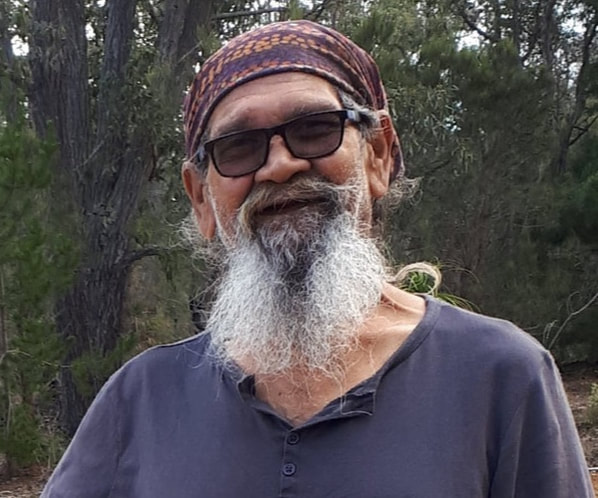Interview with Elder Dr Wayne Webb
|
Dr Wayne Webb Pibulmun Widandi Elder
|
Q: Tell us about the six Noongar seasons and how they are different than the four European seasons?
Wayne: The season are everything! Life of our mob is all about the seasons. The wheel of seasonal change is because nature chooses when seasons begin and end. Pibulmun Yunungjarli (traditional owners) actually have 12 cycles, mini seasons, which if you really observe it, it shows you. Having no written language makes it harder to fit into European ways cause it’s not always willing to fit into bi-monthly changes especially with climate changing naturally as well as humankind pushing against the natural cycle. Q: How did the seasons guide traditional activities? Wayne: It’s about following the food resources & then moving on to the next resource, so you don't endanger that plant or animal by taking too much. It’s farming the country, in our case farming Pibulmun Boodjar. It's clearing the "fuel load" by camping. Imagine a family of 30-70 Yunungjarli collecting wood for cooking fires, toolmaking, having a warming fire in front of your mia (shelter) maybe ten or more going each evening. Let alone construction. it’s about pruning bushes, fruits, vegetables and berries. Picking kaloor (emu plum) then firing it to produce again in 2 years time. Scoring the wattle to produce bush lolly or digging up djbaak to gather its crop, always taking care to leave and replant so next we know where to come. It’s about not taking boodjarri (pregnant animals), fish and birds. Its setting fire to certain patches of bush and grasslands for regeneration and providing feed for yongaras (kangaroos). Above all, it's Boodjara, Boodja (Mother earth) saying to us, I will provide for you, if you help me keep the circle of life turning. Q: Have you noticed changes in the Noongar seasons? Wayne: We have to make people understand that our planet, nala Boodjara, mother earth, doesn't need us, humans, to continue....yes it will change.. it has changed there will be dramatic species change in our animal, bird and plant life. We already see this especially with bird species looking for non-salty water and new nesting habitats. The most adaptable species will flourish. so, instead of fighting to tame country, we need to work with her just as our ancestors have. The biggest challenge is how to make two completely opposite ways of life, work together...we can't. However, we can and must do a better job...if we want to survive. Q: How can we better manage our waterways to adapt to climate change?... Wayne: From the catchment to inlet (gabbi) we see interrupted water flow. Water stress breaks breeding cycles for waterbirds. Many plants are double flowering making them susceptible to diseases, natural and introduced. Fish breeding grounds affected by manmade openings, mismanagement, water capture and blocking of tributaries by invasive plants. The reeds, the warkles whiskers are not prolific enough now to filter pesticides, cattle waste and rubbish. We are in a climate emergency but we need to support other states and territories where our weather patterns are affected by their actions. |


